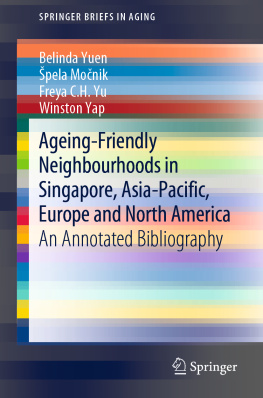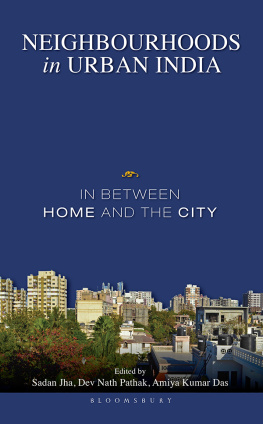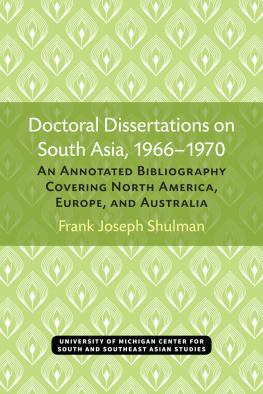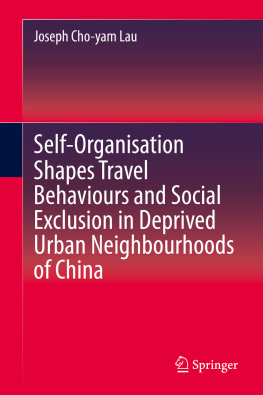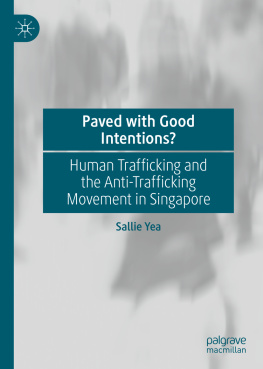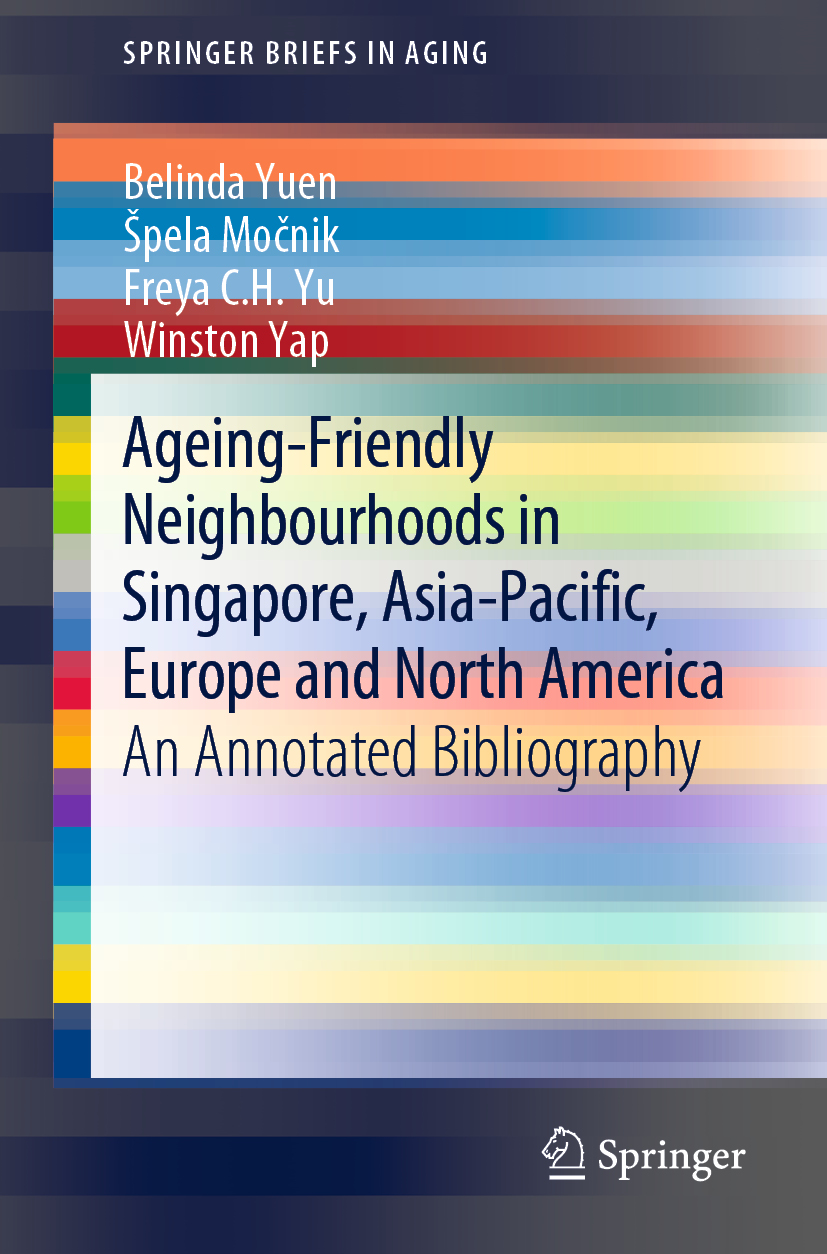Belinda Yuen , pela Monik , Freya C.H. Yu and Winston Yap
Ageing-Friendly Neighbourhoods in Singapore, Asia-Pacific, Europe and North America
An Annotated Bibliography
Belinda Yuen
Lee Li Ming Programme in Ageing Urbanism, Lee Kuan Yew Centre for Innovative Cities, Singapore University of Technology and Design, Singapore, Singapore
pela Monik
Lee Li Ming Programme in Ageing Urbanism, Lee Kuan Yew Centre for Innovative Cities, Singapore University of Technology and Design, Singapore, Singapore
Freya C.H. Yu
Lee Li Ming Programme in Ageing Urbanism, Lee Kuan Yew Centre for Innovative Cities, Singapore University of Technology and Design, Singapore, Singapore
Winston Yap
Lee Li Ming Programme in Ageing Urbanism, Lee Kuan Yew Centre for Innovative Cities, Singapore University of Technology and Design, Singapore, Singapore
ISSN 2211-3231 e-ISSN 2211-324X
SpringerBriefs in Aging
ISBN 978-3-030-38287-2 e-ISBN 978-3-030-38288-9
https://doi.org/10.1007/978-3-030-38288-9
The Author(s), under exclusive license to Springer Nature Switzerland AG 2020
This work is subject to copyright. All rights are solely and exclusively licensed by the Publisher, whether the whole or part of the material is concerned, specifically the rights of translation, reprinting, reuse of illustrations, recitation, broadcasting, reproduction on microfilms or in any other physical way, and transmission or information storage and retrieval, electronic adaptation, computer software, or by similar or dissimilar methodology now known or hereafter developed.
The use of general descriptive names, registered names, trademarks, service marks, etc. in this publication does not imply, even in the absence of a specific statement, that such names are exempt from the relevant protective laws and regulations and therefore free for general use.
The publisher, the authors and the editors are safe to assume that the advice and information in this book are believed to be true and accurate at the date of publication. Neither the publisher nor the authors or the editors give a warranty, expressed or implied, with respect to the material contained herein or for any errors or omissions that may have been made. The publisher remains neutral with regard to jurisdictional claims in published maps and institutional affiliations.
This Springer imprint is published by the registered company Springer Nature Switzerland AG
The registered company address is: Gewerbestrasse 11, 6330 Cham, Switzerland
Foreword
Globally, population ageing is gaining research and policy precedence. For the first time in human history, there are more people over the age of 65 than under 5. As the life space of individuals shrink with age, the task of enabling them to remain autonomous within familiar environments while ameliorating the effects of functional decline has become urgent. The discourse on age-friendly environments has understandably attracted increasing attention.
An annotated bibliography in relation to age-friendly environment and cities is timely and well-positioned to guide this emergent need. It serves as a quick informed guide to the research terrain, which will be helpful for researchers seeking to define a new focus and avoid duplication. It is informative on the rich body of the literature that is accessible.
This annotated bibliography is the third of a collective series on critical topics of ageing. Past annotations covered research on housing, arts and culture for older population. The Lee Kuan Yew Centre for Innovative Cities under its Lee Li Ming Programme in Ageing Urbanism has recently completed a seminal study on Innovative Planning and Design of Age-Friendly Neighbourhoods in Singapore, funded by the National Research Foundation and Ministry of National Development, Singapore. The Centre continues to promote research and innovation on urban issues including Future of Cities, Urban Environmental Sustainability.
Acknowledgements
We gratefully acknowledge the contribution of SUTD Library towards the compilation of grey literature on Singapore in this annotated bibliography. In particular, we thank the excellent support of University Librarian Judy Teo and her team led by Joel Teo and their colleagues, Jessie Tang and Li Zhen Yan. This volume draws on research undertaken under the Lee Li Ming Programme in Ageing Urbanism at the Lee Kuan Yew Centre for Innovative Cities, Singapore University of Technology and Design. We are deeply grateful to Mrs Lee Li Ming for funding our ageing research.
Heng Chee Chan

